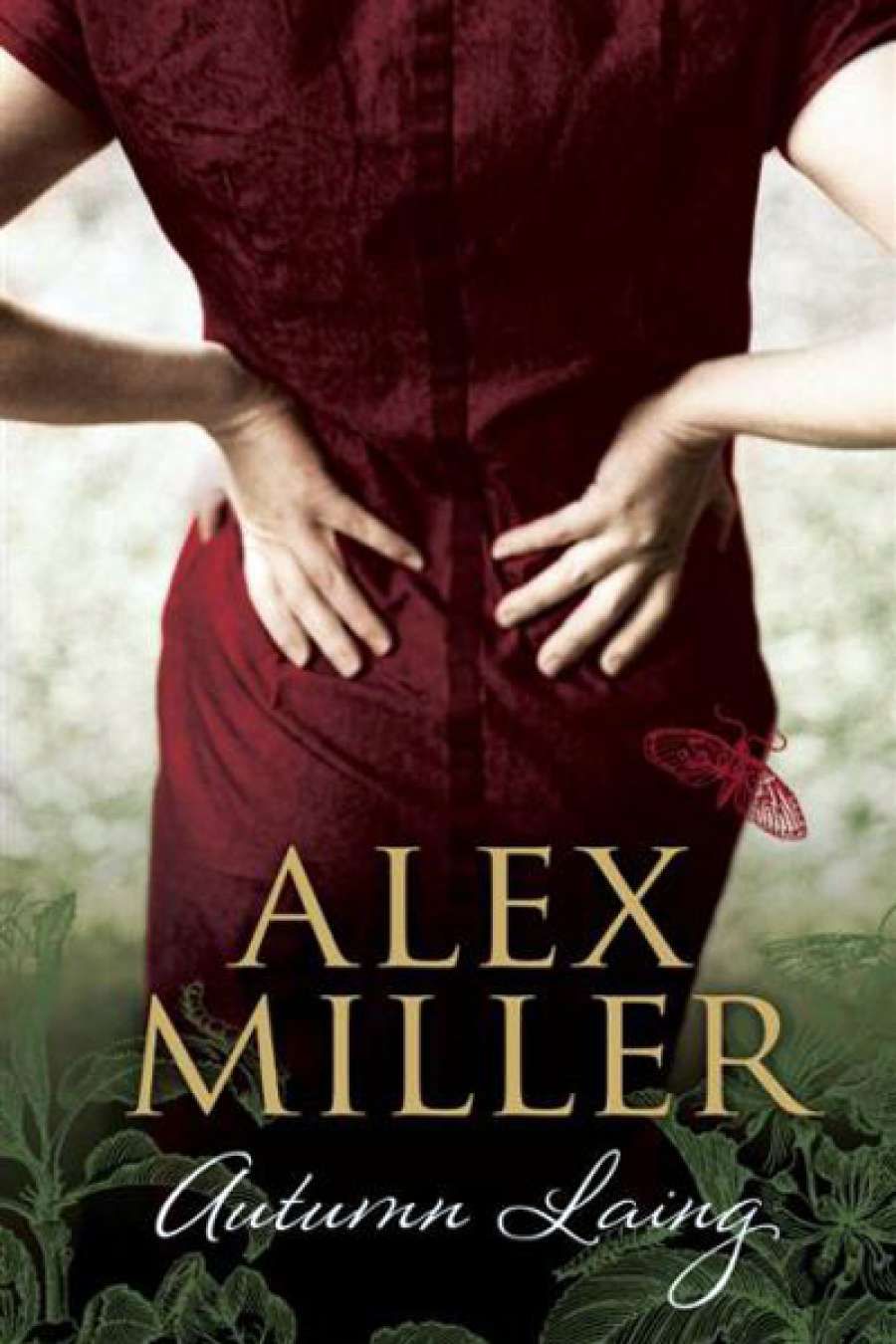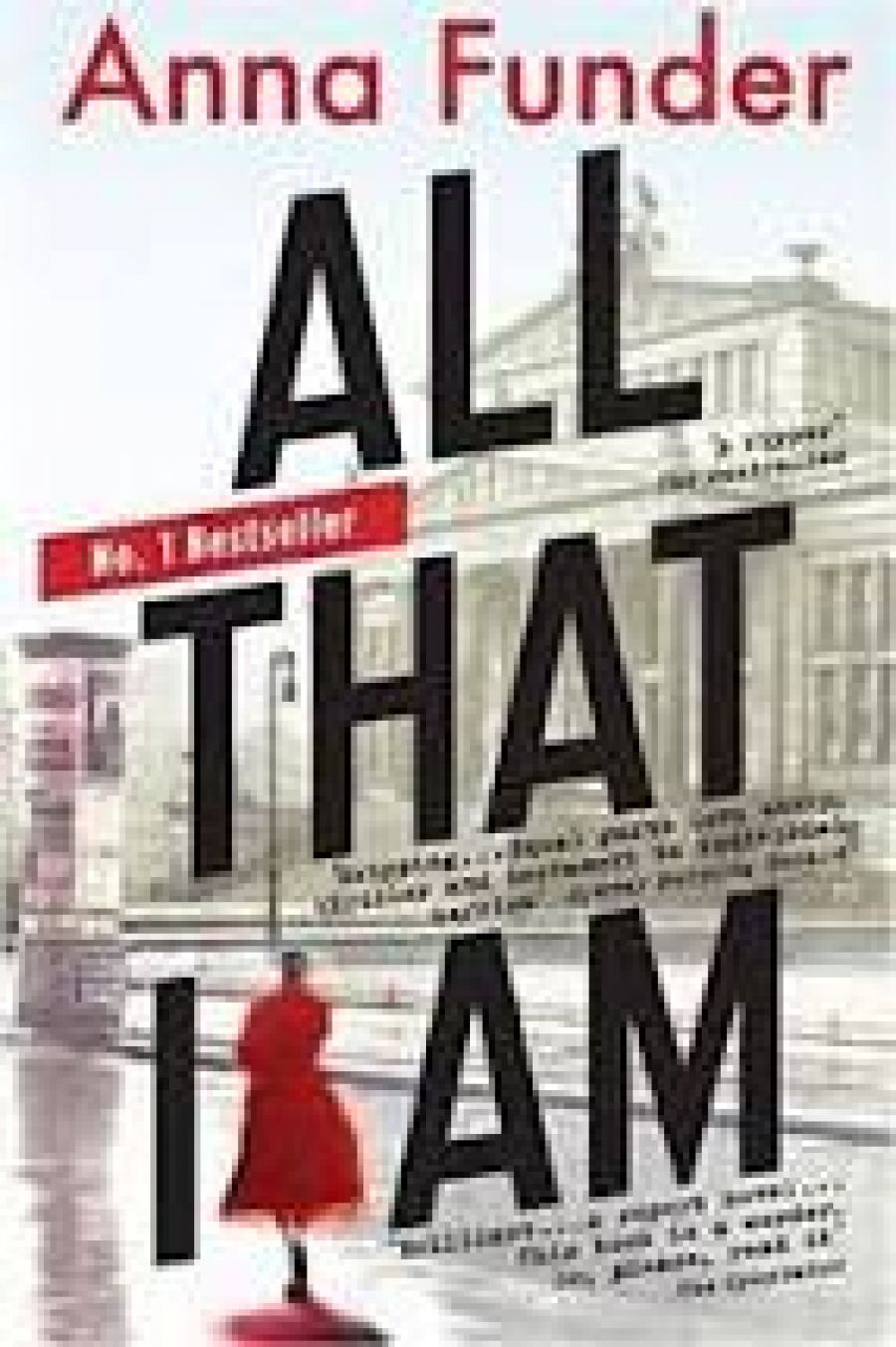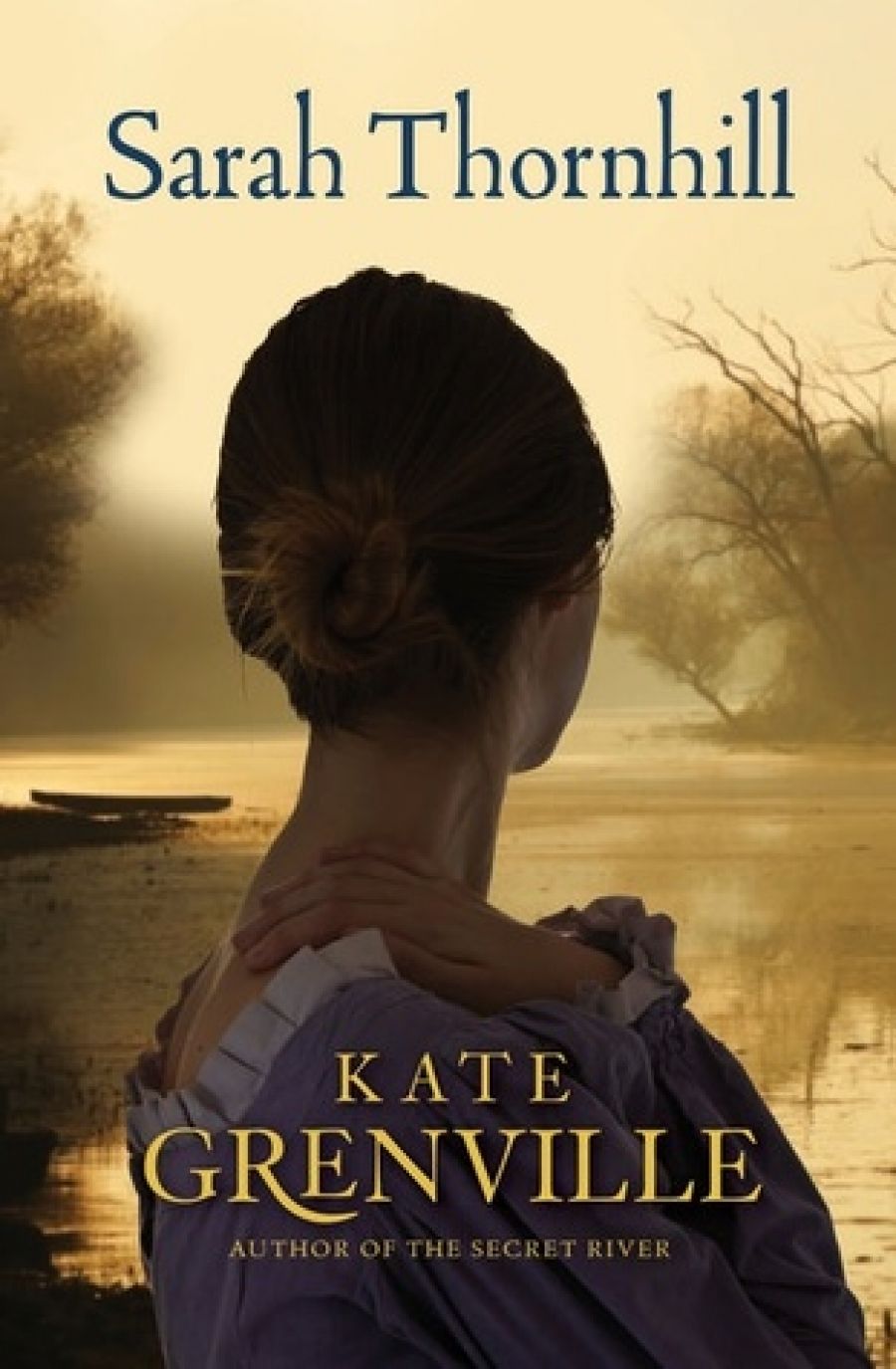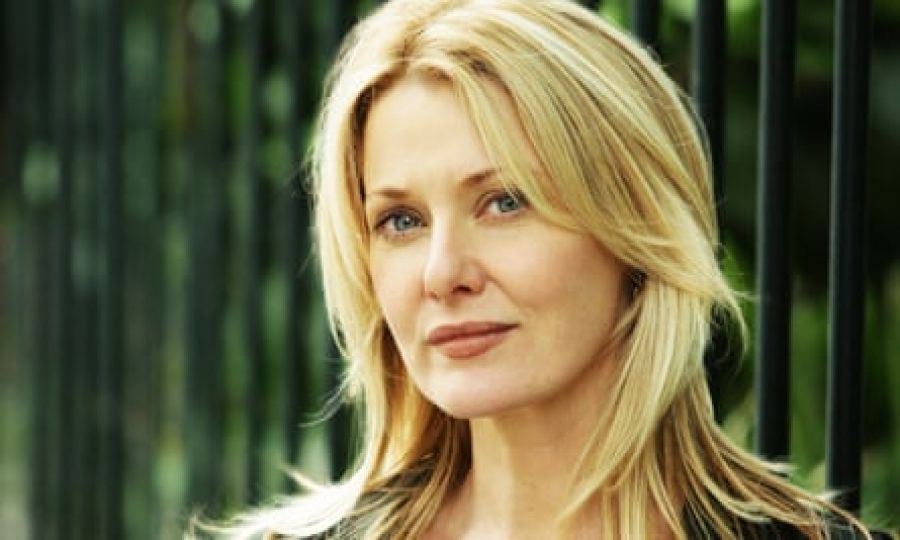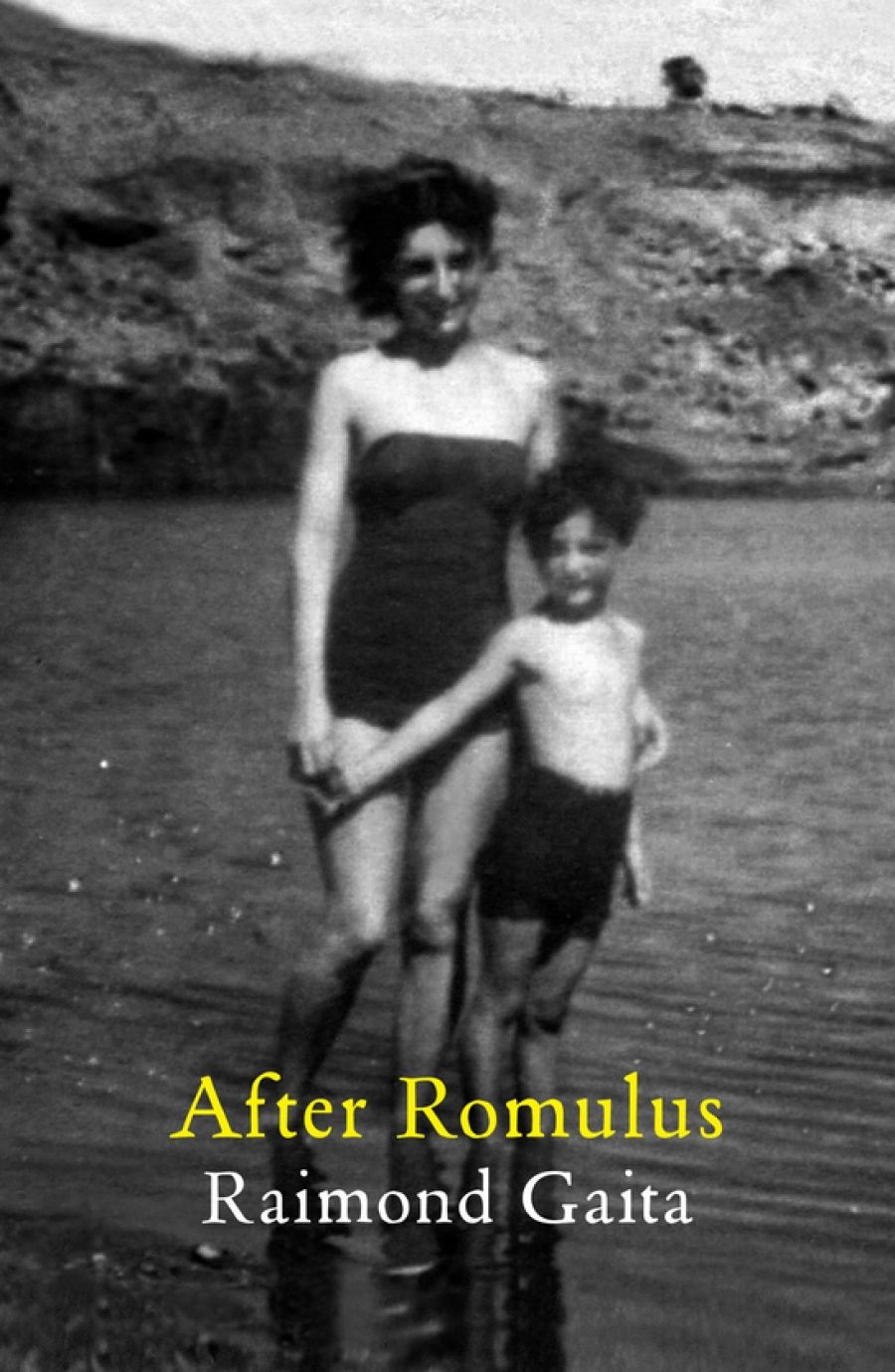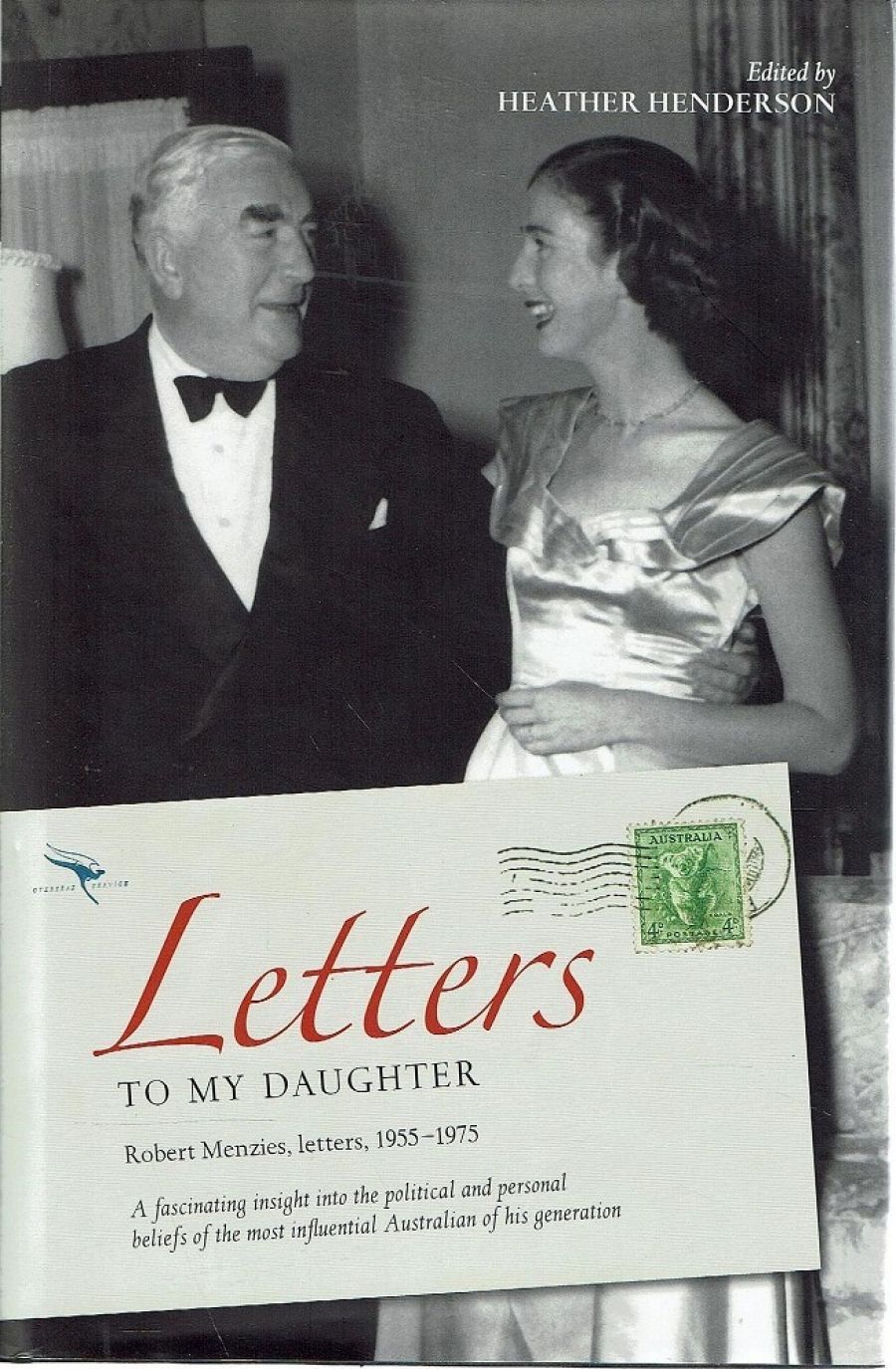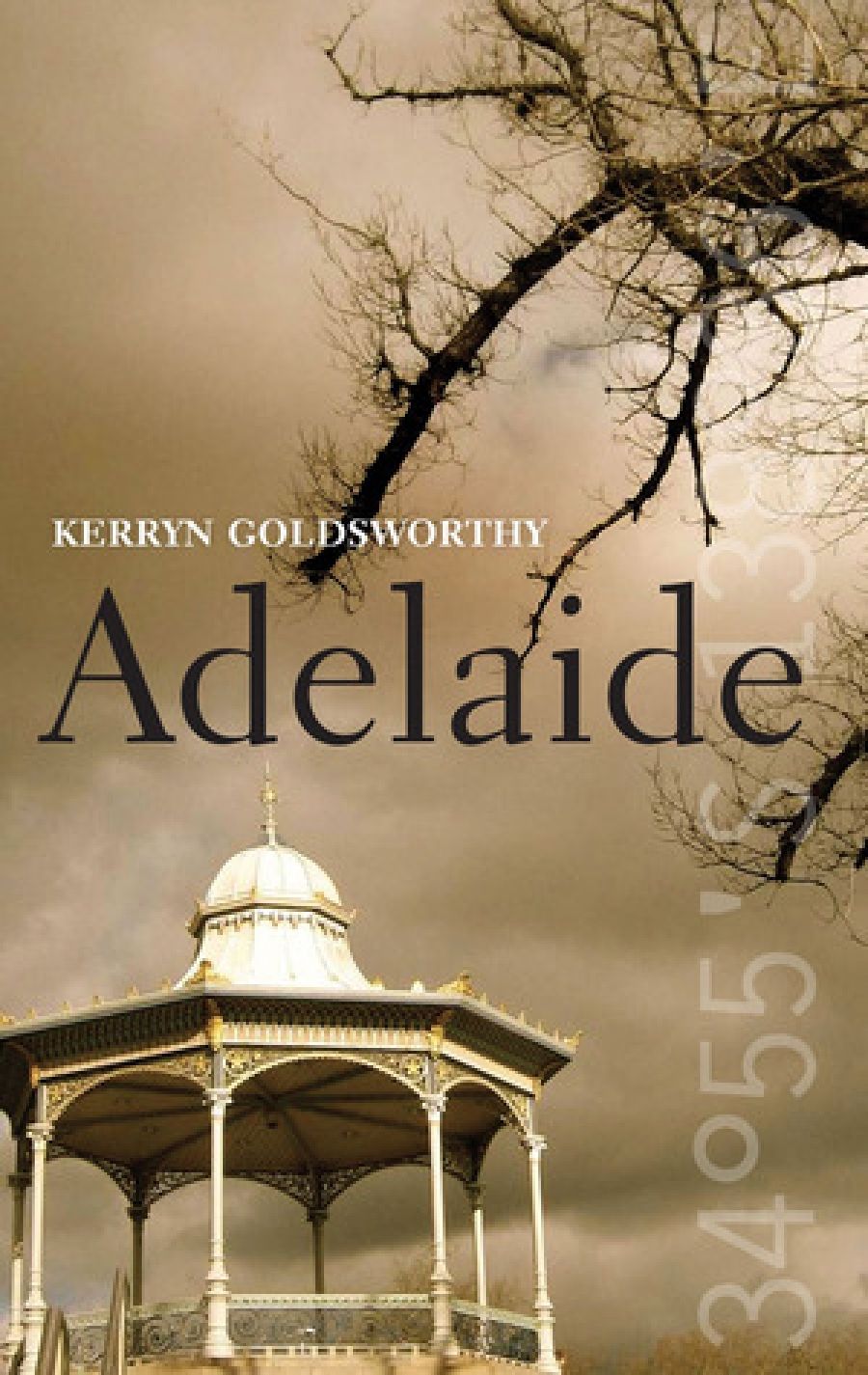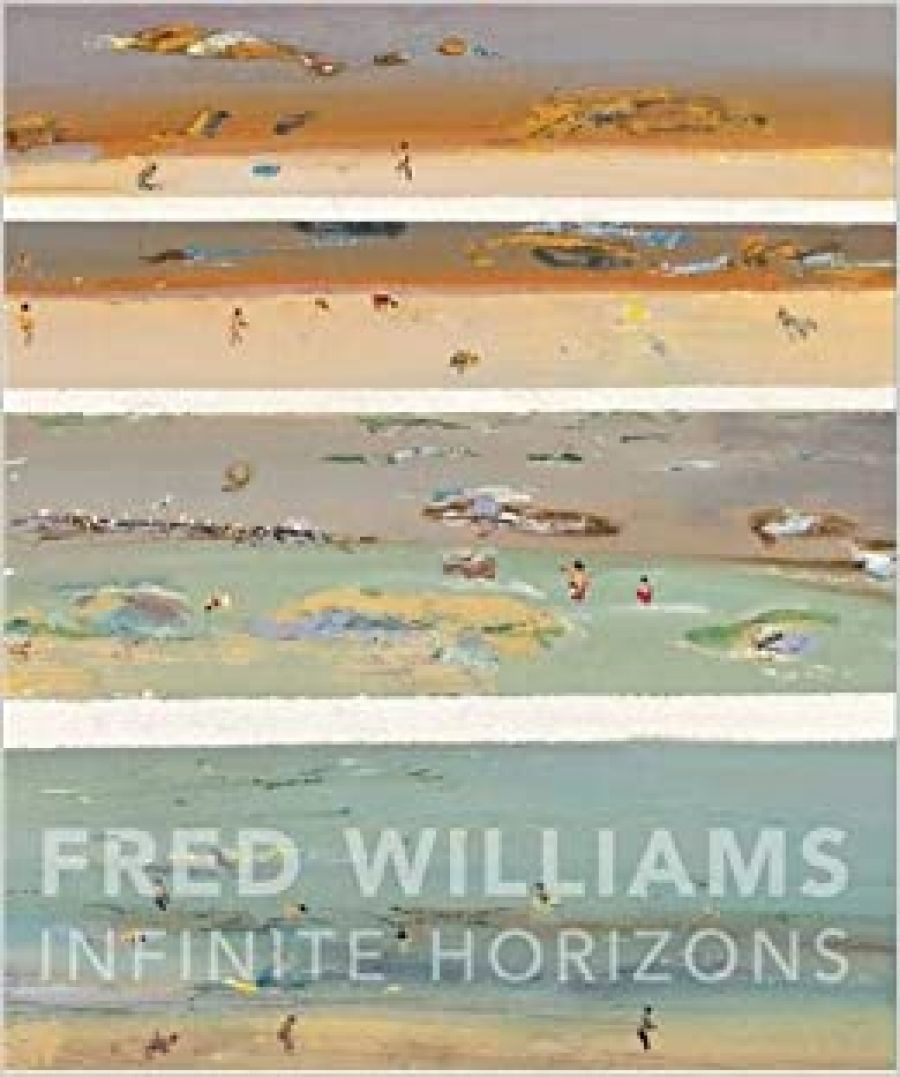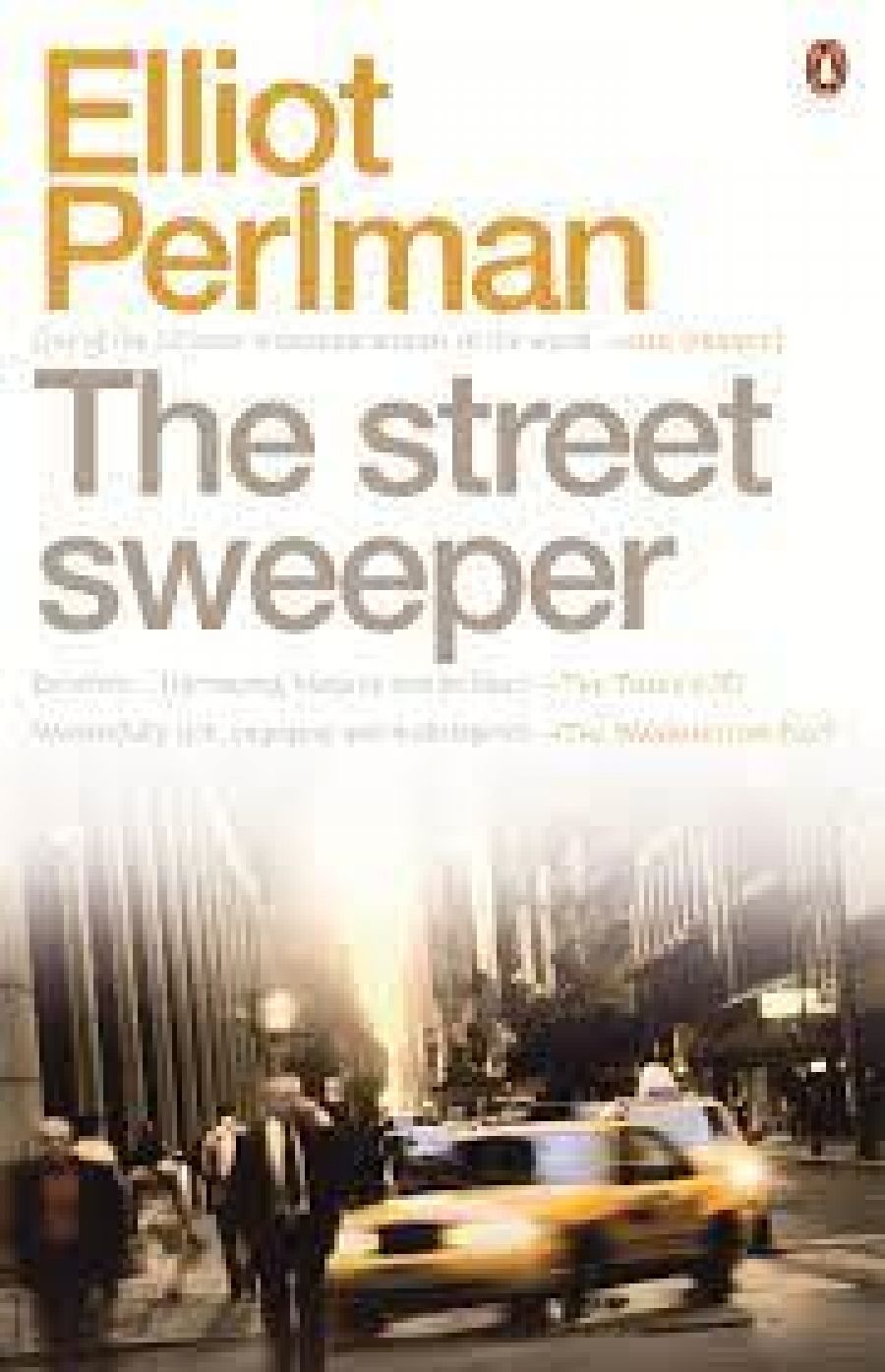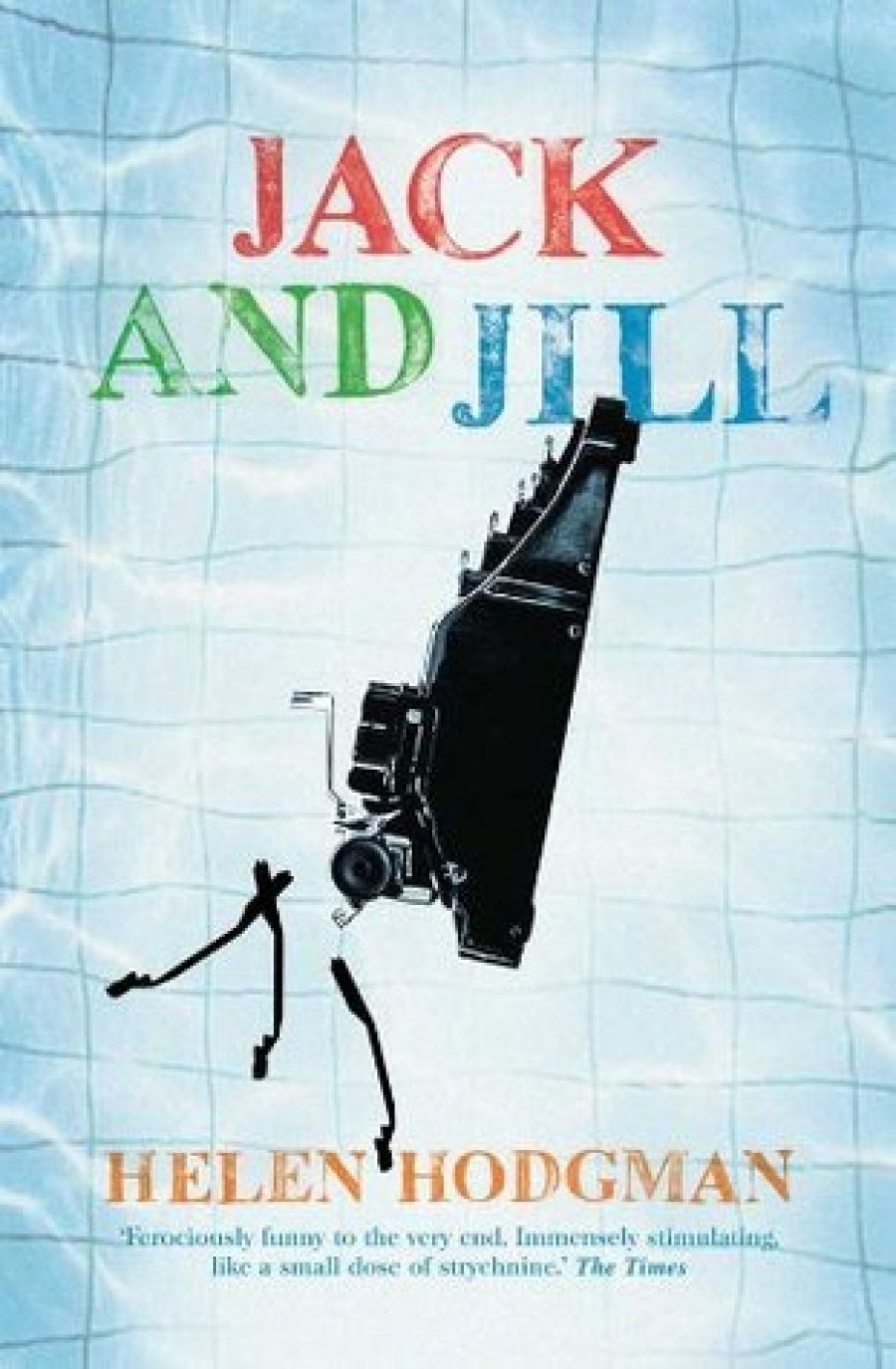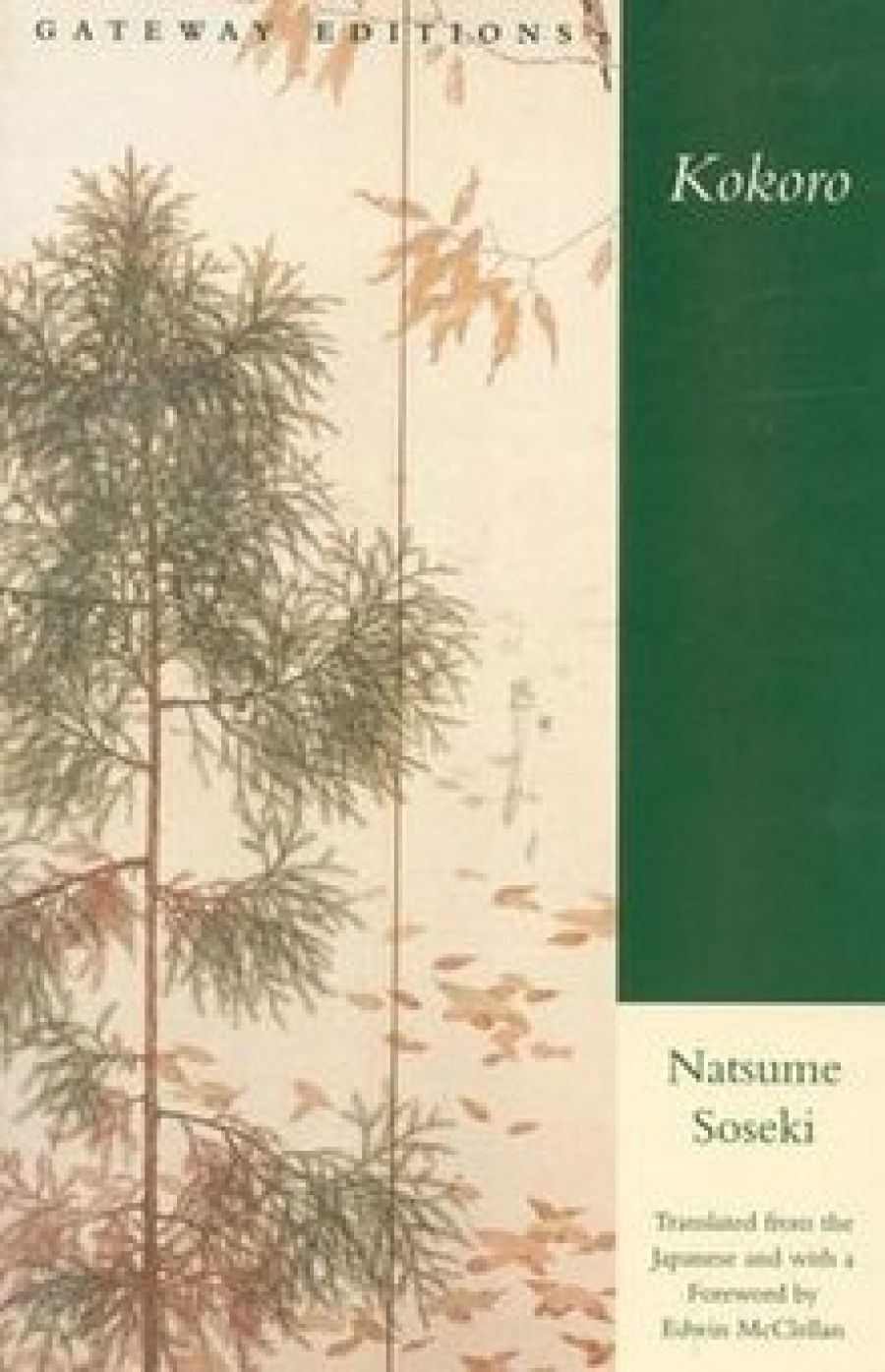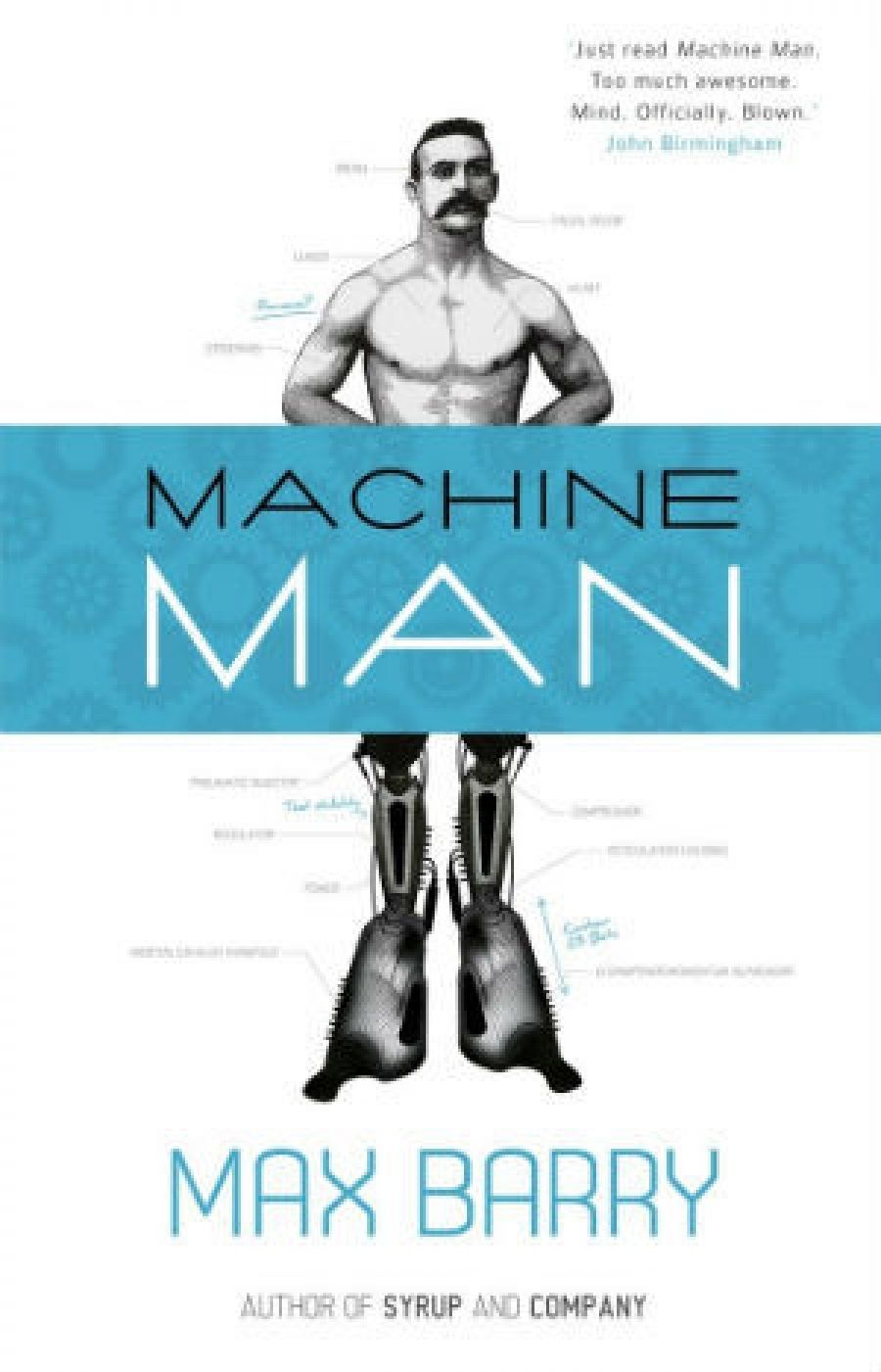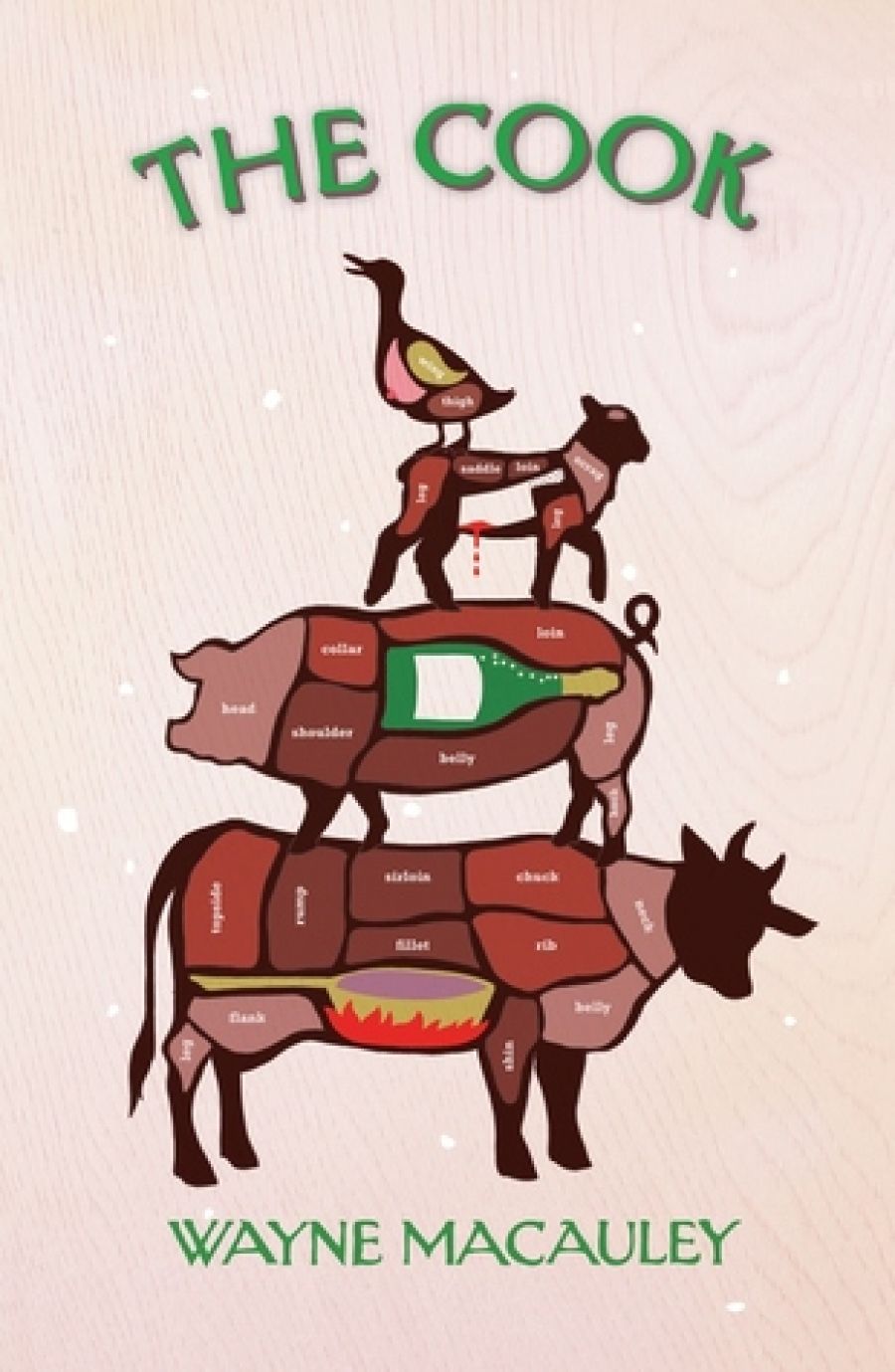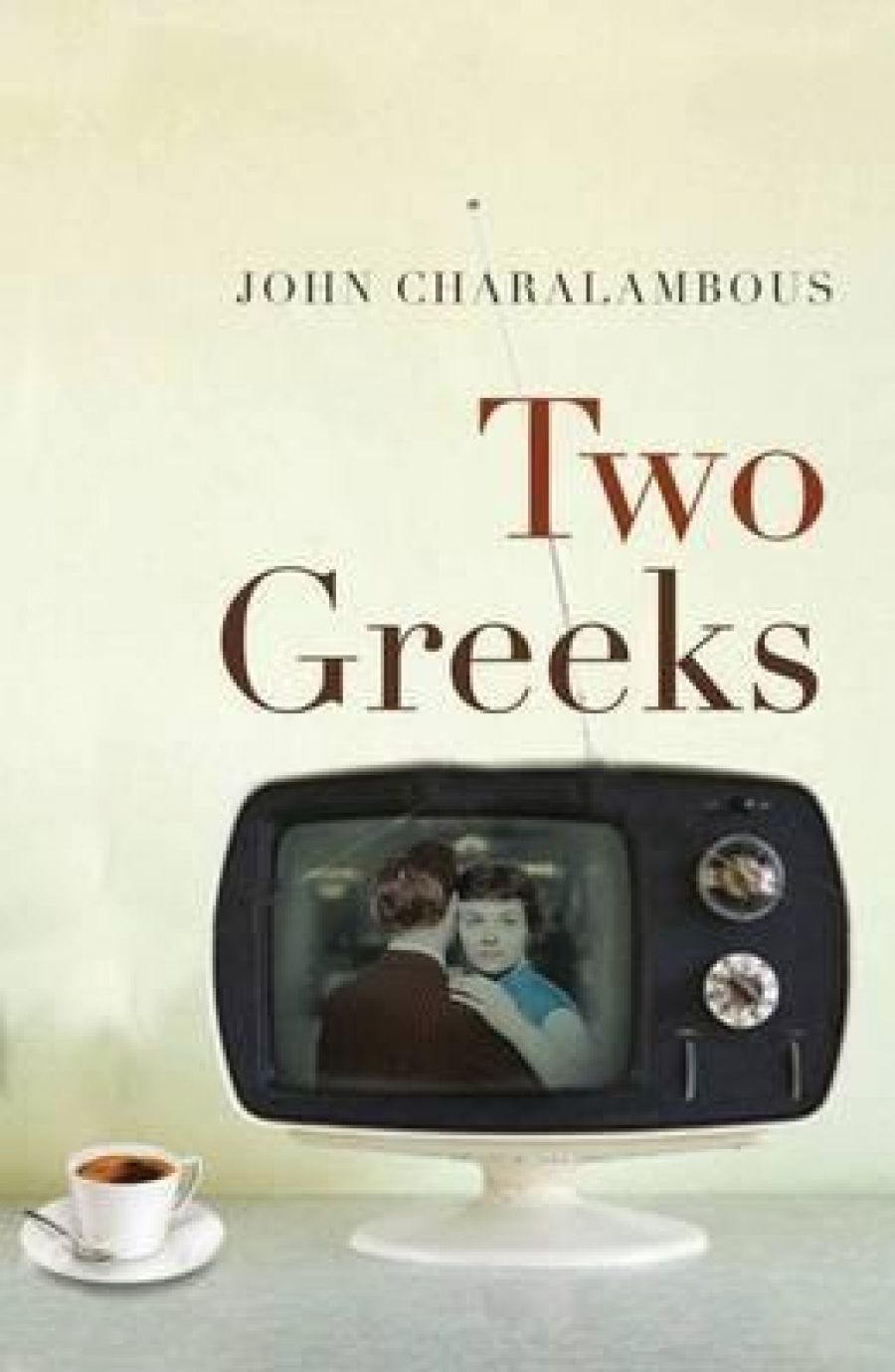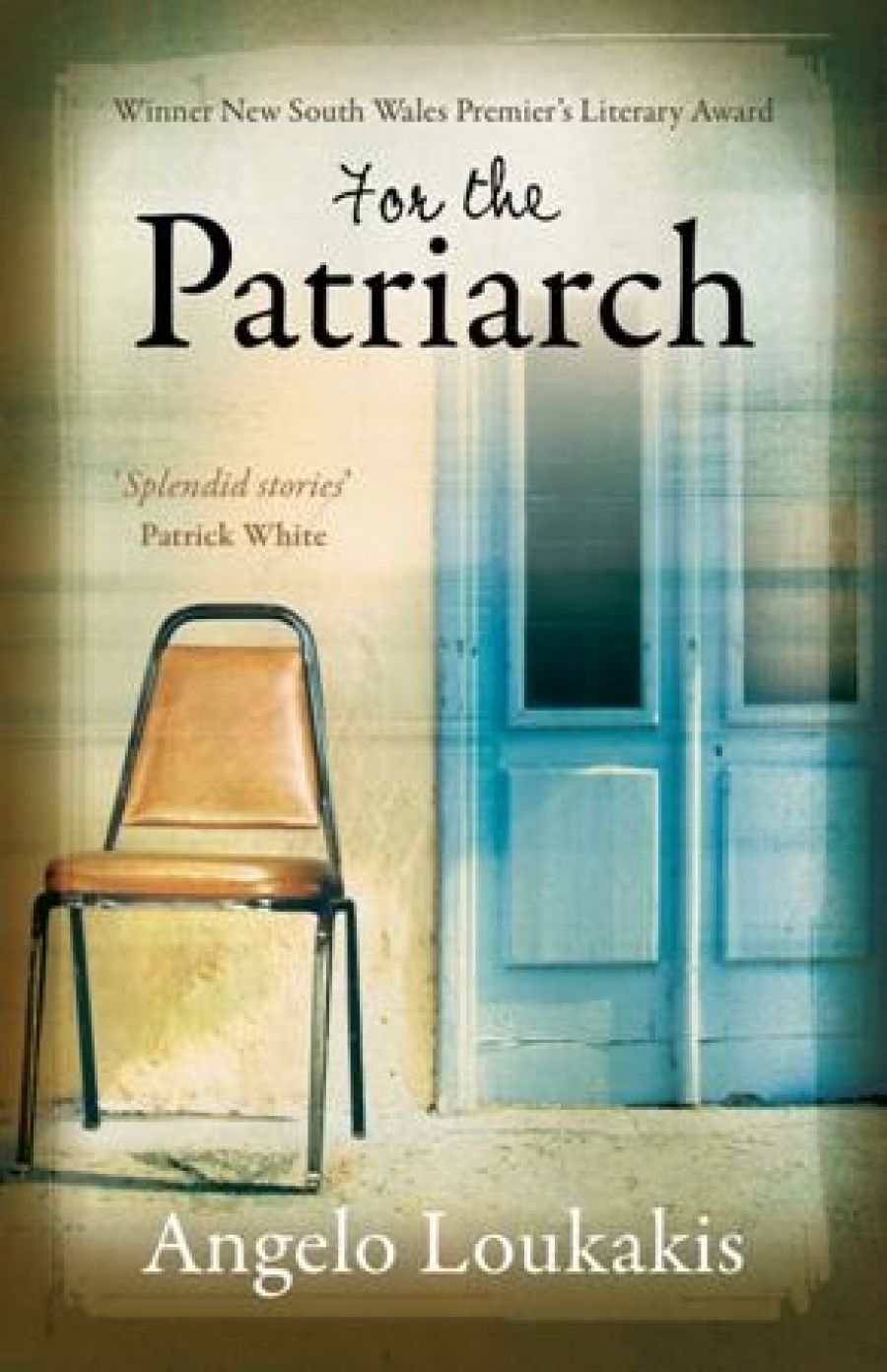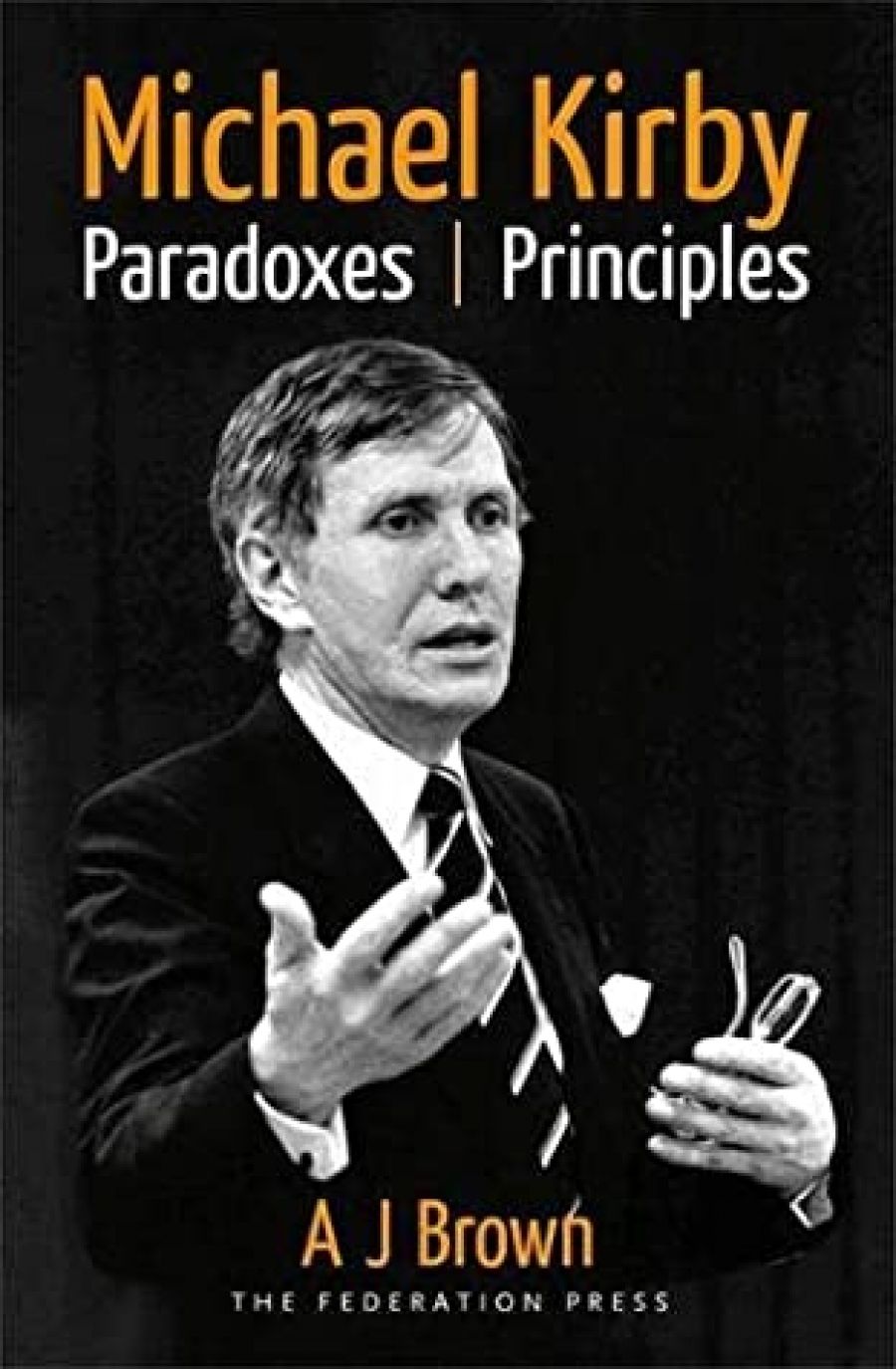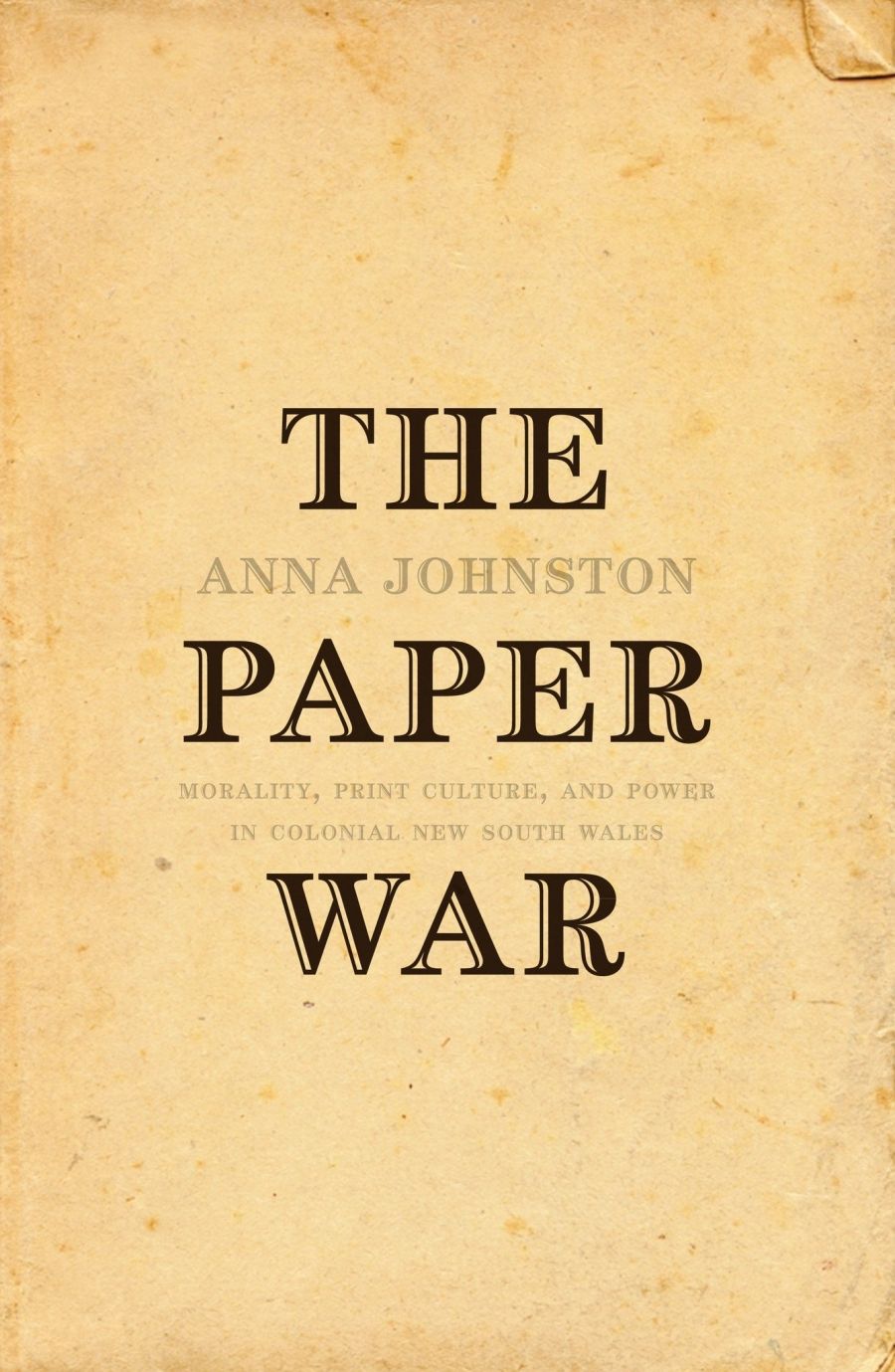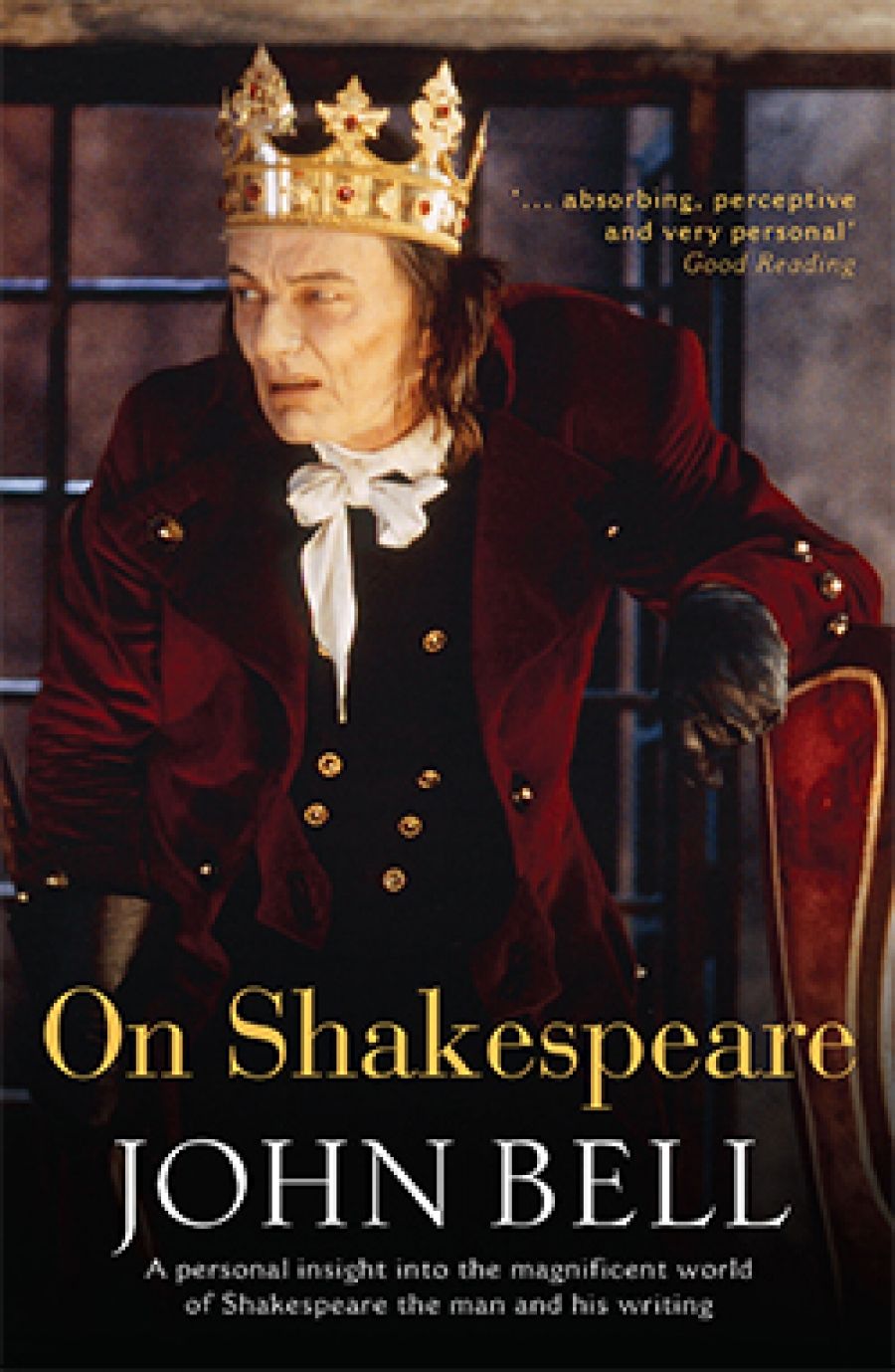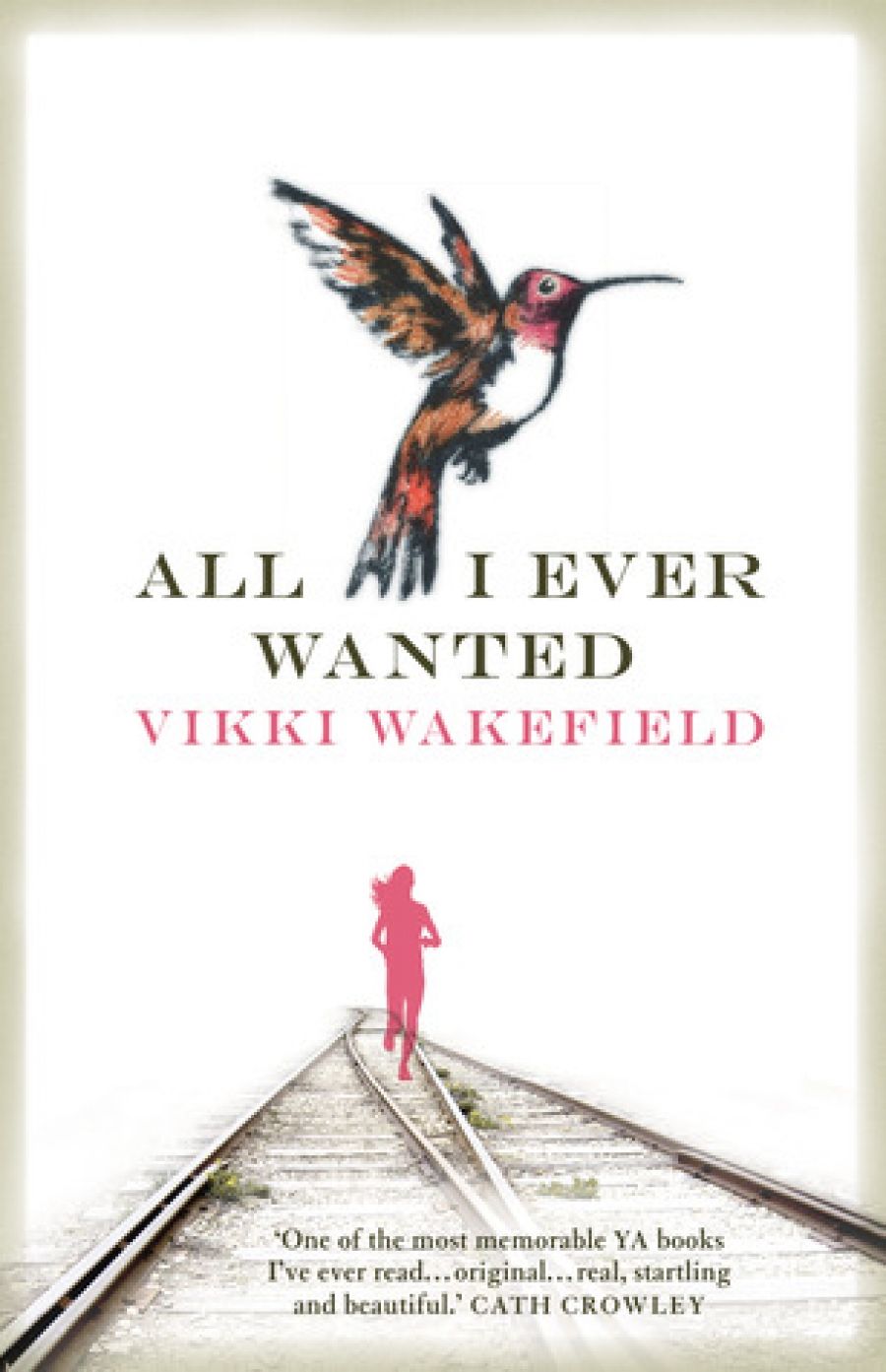British author Glen Duncan released his eighth novel this year, the title of which, The Last Werewolf, is fairly self-explanatory. Although a much more philosophical (and entertaining) read than one might imagine in our current supernaturally-dominated ‘box-office’ novel landscape, Duncan’s book was a marked departure from an author better known for his explicitly literary output. Of his previous seven novels, only one, I, Lucifer (2002), deviated into genre and found a wider readership. Although this story of the Devil transplanted into the body of a failed writer was optioned, and A-list actors such as Jude Law, Ewan McGregor, Daniel Craig, and – ahem – Vin Diesel all dallied with the notion of strapping on horns and a forked tail, no movie has yet appeared. The Last Werewolf stands a much better chance of being adapted for the silver screen, given its purchase by Ridley Scott’s production company, Scott Free.
Scott notably purchased the film rights to another literary writer’s stab at a blockbuster last year, Justin Cronin’s post-apocalyptic vampire romp The Passage (2010). When will we stop making films about werewolves and vampires, you may well ask. Probably never. A more interesting question posed by this series of events is why well-respected literary authors are writing novels about them. Glen Duncan’s response during an interview with Anita Barraud on Radio National’s The Book Show, broadcast on 11 April 2011, was both honest and troubling.
It was undertaken initially in a rather mercenary spirit, given that the novel that came before it, A Day and a Night and a Day, had performed exactly as its six predecessors had, which is to say not enough people bought it and it didn’t win anything. I ended up having a conversation with my agent in which I said if I write another novel more or less like that, will you be able to find a publisher for it? And he, rather nauseatingly and simultaneously refreshingly said ‘No’. So the intention at the outset was to write a straight commercial genre novel. It was meant to be a fairly clinical exercise. But very, very quickly it became apparent that this was a great arena for actually writing about the things I wanted to write about in any case. And so it was a happy, accidental consummation.
This may have worked out well financially for both Duncan and Cronin (who earned an advance in the millions for The Passage and its film rights), and may have brought both authors wider name recognition, as well as tying them up creatively for the next few years (both are working on trilogies), but it does make me wonder about the career options for mid-list literary novelists. Has the rapidly changing publishing industry altered the career path of authors, whether they like it or not? Are authors under more pressure than in the past, from within or without, to tailor their content in order to be more commercially viable, and is that necessarily a bad thing? Is it still possible to have a career as a literary novelist? If not, how long before we see a Toni Morrison vampire trilogy?
In a vibrant Australian publishing landscape, a plethora of book award ceremonies keep literary novels in the spotlight, though commercial success does not necessarily follow. Stephen Romei, literary editor of The Australian, had championed Stephen Daisley’s book, Traitor, several times on his blog A Pair of Ragged Claws prior to its winning the fiction prize in the 2011 Prime Minister’s Literary Awards. Romei was delighted with the result: ‘He collects $80,000 tax free for today’s win. I also hope the publicity will encourage more people to buy his book, which has sold not much at all, even by debut Australian novel standards.’
It is rare for an Australian literary novel to find the sort of commercial success that Duncan and Cronin have tapped into by lending their literary chops to more commercially popular subjects. Despite the evident merits of Daisley’s novel, there are a limited number of readers in Australia willing to invest time and money in stepping outside of their popular fiction comfort zone.
This may not always have been the case. Writers such as Peter Carey have won Man Booker Prizes with nary a lycanthrope in sight. Surprisingly, when I approached Carey for his thoughts on the matter, he initially felt he was too old to address the issue of literary career viability.
I grew up in a time when I never, not for a second, expected to make a living from writing literary fiction. And while I desperately wished to be published in the UK and USA the odds seemed very long indeed.Yet, by the late 1980s and 1990s the world had changed, forever so it seemed. Australian writers were being read and praised the world over. Midnight’s Children was a best seller. Andrew Wiley made a huge deal for Martin Amis and it seemed literary writers could give up their second jobs. Now it’s 2011 and there is, you tell me, an agent advising a literary writer he has to be more commercial. It’s easy enough to imagine a writer feeling that he or she had no choice but to follow that advice. After ten or twenty years of full-time writing, what the hell else can the writer do? But how in the hell do you be more commercial? Does anybody know?
Since 1974, when I first published, my only successes have come from the most unlikely ideas. A gambling tortured clergyman and the heiress of a glass factory? Really? You think that’s sexy? They’re going to float a glass church down a river? We’ll call you back. And then you wish to write about an Australian bushranger and you think they’ll want to read that in Bentdick, Mississippi? Oh, and you’re going to leave out all the commas and run the sentences together? Then tell me this – would you rather shoot yourself?
Yes, I would like to sell more books in what is called a ‘down market for literary fiction’, but I have no idea how I could do it. Being told to be more commercial would not work well with someone of my character. As James Thurber wrote of himself: ‘Easy to arouse, he is very hard to quiet, and people normally just walk away.’ When I write a novel, I’m just doing the thing I know how to do. The result, sometimes, is a commercial success and sometimes, well, let’s say sometimes I sell fewer books. Bryce Courtenay says he could easily write books like mine, and I believe him. He also says I couldn’t write like him. He’s correct again. A hundred William Morris agents couldn’t teach me how.
Writing any good novel is a high wire act. This is enough for any writer to worry about without getting dizzy about what some ‘market’ wants. In fact, as many publishers will tell you, they don’t know what a market wants. And most importantly, the market doesn’t know. It does not have the tiniest clue until it sees it, something, naturally, like nothing it could possibly imagine.
In his novel Theft: A Love Story (2006), Carey coined the geographical location of Bentdick, Mississippi, during one of Butcher Bones’s tirades against the art world, a passage that could equally be applied to publishing.
But it was all the same everywhere: everyone who loved me was trying to get me up to date. Sometimes it seemed there was not a place on Earth, no little town with flies crawling inside the baker shop window, where there was not also some graduate student in a Corbusier bow tie who was now, this instant, reading the party line in Studio International and ARTnews and all of them were in a great sweat to get me up to date, to free me not only from the old-fashioned brush stroke but from any reference to the world itself.
These were weighty issues, but the first question the Manhattan dealers asked me was of a different order: ‘What are the names and phone numbers of your collectors?’
And the next question would be: ‘When was your most recent auction sale?’
And then, when they actually looked at the canvas, they would silently ask themselves, What the fuck is this?
All dark and comfortless. They had no eye, only a nose for the market and I smelled to them like some demented Jesus fool living in a cotton town in Bentdick, Mississippi.
But I am Butcher Bones, a thieving cunning man and I made this beautiful seven-foot-high monster with my greens and my Dutch canvas and when it was done, and I had cropped it, the result was twenty-one feet long and its bones, its ribs, vertebrae, wretched broken fingers, were made from light and mathematics.
Even in this short excerpt, the power and beauty of Carey’s prose is evident. Readers can be thankful that he stuck to his guns and produced the novels that he wanted to write rather than those he felt he ought to write. That his oeuvre has found frequent critical acclaim is heartening, though his royalties are probably a fraction of Justin Cronin’s. As so many writers do, Carey teaches, at Hunter College in New York, alongside fellow prize-winning novelists Colum McCann and Nathan Englander.
In the absence of long-term financial security – if teaching, criticism and journalism are vital sources of income for writers even of Carey’s pedigree – how do authors further down the food chain survive in order to write books? Sophie Cunningham, former Meanjin editor and author of the novels Geography (2004) and Bird (2008), and of the non-fiction work Melbourne (2011), has a pessimistic view, and it is easy to sympathise with her. Cunningham’s third novel, This Devastating Fever, about Leonard Woolf, has been in stasis for the best part of a decade. The excerpt I have heard her read in public was reminiscent of Carey at his best, but there is still no sign of this intriguing book.
I certainly think that any author – as Duncan found – who wants a long-term career as a writer is now under pressure to write ‘commercial’ books. Publishers are less likely to take books on, whatever a writer’s track record, advances are going down, and you’re more likely to be asked to complete the entire work before a commitment is made. Ways in which writers have traditionally made money (teaching, writing, journalism, etc.) are paying less (literally, not just relatively). The publishing industry and bookshops are employing fewer and fewer staff – both these industries have traditionally employed writers. My Twitter profile reads – ‘I used to work in publishing but don’t think I can take it much longer. I am also a yogini. I like ancient grains and cats.’ I’m not actually joking.
I can’t afford to finish my novel and I’ve been told I can’t sell it when it’s only half written, so I’m trying to do other bits and pieces of work, and to work on some more commercial writing projects. In my case this means writing non-fiction, which I very much enjoy – in some ways enjoy more – so it’s not a compromise I’m unhappy with. But it was made because I cannot sustain myself by writing novels. Very few writers can. You can’t exactly blame publishers for this – they can’t continue to run a business publishing books that don’t sell.
Finding the formula that strikes a perfect balance between literary merit and commercial viability has long been the Holy Grail for authors and publishers. Publishers are often accused of being the fly in the ointment in this process, and while there are many cases of publishing houses passing on books that went on to become critically acclaimed successes, the other side of the story is almost never mentioned. Joyce’s The Dubliners was rejected twenty-two times; Robert M. Pirsig’s Zen and the Art of Motorcycle Maintenance one hundred and twenty-one times; Margaret Mitchell’s Gone With the Wind thirty-eight times before winning the Pulitzer Prize; Frank Herbert’s science fiction epic Dune twenty-three times – all quite mystifying decisions, suggesting that publishers don’t have a clue. Of course, they do have a clue; otherwise they would have gone out of business long ago. What we don’t hear about are all the shrewd decisions: the thousands of manuscripts rejected due to their lack of literary merit or commercial potential. Many egos have been bruised along the way, but if a manuscript fails to exhibit a suitable combination of the qualities needed by a publishing house, the author must return to the drawing board with good grace.
As Carey suggests, no one really knows what makes a novel commercial. Unlikely tales of success are not limited to the realms of Hogwarts and Robert Langdon. Umberto Eco’s The Name of the Rose has sold more than fifty million copies since its publication in 1994. Although Christos Tsiolkas’s The Slap (2008) has yet to scale such dizzy heights, several hundred thousand copies have crossed the counter. It is not unknown for ‘serious’ literature to achieve excellent sales figures. While an author may have no idea if the manuscript she is working on will be a raging sales success that prolongs her career for a few more years, or a dismal commercial failure that has her scanning the employment pages, is it possible to influence the outcome by being circumspect in choosing which novel idea to develop? Do writers have a duty to their publishers and themselves to select from their pool of ideas those stories with a better chance of resonating with readers? Brisbane author Nick Earls is a career writer whose eighth novel, The Fix, came out this year; he is also well known for his five Young Adult novels and numerous short stories.
I do think, at least sometimes, about commercial viability. I don’t want to be non-viable. Being non-viable sounds like you’re one step short of being broken up for parts. As a simple matter of personal preference, I happen to be not very interested in most of the kinds of books that sell millions of copies, and it used to be okay not to be – okay to sell tens of thousands of copies in each of a number of countries. That’s viable as a job, but the publishers in each of those countries are no longer always seeing it that way. Lose a few countries, start to drop numbers in your home market and all of a sudden viability is on the line.
It makes simple business sense to see if you can diversify your product line, but there are limits to that, for me anyway. I’d still have to be excited about the idea and where it might take me, for two reasons. I’m in this job because I love it. If I pushed myself to write something I didn’t even like, maybe I should be looking at a different job. Also, I couldn’t be Stephenie Meyer, Lee Child, or Matt Riley if I tried. It’s not my thing, so I’d do a half-arsed job at it and it’d get me nowhere.
So, I have to look at my range – at the range of things I might be genuinely drawn to write about – and then I think it’s reasonable to start thinking, ‘Which of these stories might people want to read?’ I did that for the first time in 1994 when I was in a career hole. My short stories had sunk and I’d had two subsequent novel manuscripts rejected. I had six piles of ideas. I’d been trying to be a writer since school, in 1978. I had outsmarted myself and was writing work six people might be fascinated by, and there’s no career in that. I told myself to make a career choice. If I was equally excited about all six piles of ideas, I should pick the two that some people might actually like, I should write them and, if they got me nowhere, I should stop. They both ended up published, and are both still in print.
I’m not as pragmatic as some people and perhaps not as pragmatic as I should be, but, on the other hand, this shed is no ivory tower. I think about the marketplace sometimes, but to me it feels like there’s no point in going to it if I’m not excited about my wares. One day that may be the end of me, but I’m pretty convinced I’d write a crappy werewolf novel and have a bad time doing it. I’m going to leave that to people who want to do it, even if it means I end up watching them all drive by in Bentleys.
I have to write as if my current contract could be my last roll of the dice, but maybe that’s how we should write all the time anyway. Complacency never wrote a great novel.
Given the rise of social media and the increased interaction between the public and those in the public eye – be they actors, musicians, hotel heiresses, or novelists – writers are encouraged, even expected, to participate in the sales process. Just as actors travel the globe promoting their latest film in a never-ending series of repetitive interviews, authors now find themselves in a similar position. Awards ceremonies, writers’ festivals, interviews, author talks, readings, Q&A sessions, library and book club presentations – these are some of the myriad activities that authors can look forward to – or dread.
While not every shy and retiring writer is well suited to this whirlwind of publicity, it is relatively easy to forgive publishers for thrusting such a schedule of personal appearances on their literary stars. Books are in direct competition with a wide array of other media and publishers must at least attempt to play the same game as other creative disciplines if they are to survive. In such an environment, rock stars are entirely necessary – the everyday men and women whose names are synonymous with fame and fortune, achieved through the simple transference of an idea into a Word document and thence the crisp pages of a book or the reassuring slate landscape of an e-reader. J.K. Rowling, Dan Brown, Stephenie Meyer, Charlaine Harris, Jonathan Franzen – these gods of popular literature form a pantheon that is irresistible both to their legions of adoring fans and to the thousands of writers, aspiring and established, who trail in their wake.
Sydney-based author and playwright Mardi McConnochie released her fourth novel this year, The Voyagers: A Love Story.
I think there is an element of literary authors wanting to get some of the love that genre authors get. I had one of those writers’ festival experiences recently at the Sydney Writers’ Festival, one I’m sure all authors who’ve ever done a festival can relate to. After one of my sessions I turned up for my signing to find a queue that went out the door, down the street and out onto the footpath, being vigorously patrolled by facilitators who were shouting ‘only one book per person!’ and writing everybody’s names down on Post-it notes, which they stuck to the title page in order to speed up the signing process. There were hundreds of readers there, mostly but not exclusively young women, all carrying large stacks of books and all in a state of high excitement about meeting the author – Cassandra Clare, the author of several best-selling fantasy series. As I gratefully signed my one or two books I couldn’t help but be aware of the hullaballoo down the table and to wonder, how could I get some of that action?
There have always been authors with enthusiastic fan bases. What has changed has been the rise of the mega-successful author and our awareness that this kind of success is possible. Because once it starts to seem possible, an expectation begins to arise that maybe this is something you could, and should, aspire to. Publishers are all looking for the next big thing – of course, why wouldn’t they be? But authors too are more aware that this is possible and many of us want a piece of that: the sales, the adulation, the attention. There probably are writers out there who aren’t interested in reaching a lot of people, because what they have to say isn’t going to interest the vast majority of people; but there are many more of us, I think, who find the idea of spending years of your life on a book only fifteen hundred people read sad and depressing. I’d like to think that I’ve written something that connects with people, and hey, the more the merrier. The model of mega-success is unhelpful for most of us, since we’re not going to achieve it; but it is increasingly difficult to ignore.
I have never been asked to write a more commercial novel by either an agent or a publisher, possibly because what I write is closer to mid-list than highbrow anyway. But I would be surprised by any agent who gave their client such bad advice. I strongly believe that cynically chasing the market is not a recipe for success. Novels should come from some genuine excitement or engagement with your subject matter; writing a werewolf novel, or a vampire novel, or a child-in-the-Holocaust novel just because you think they’re hot right now is just not going to work. You’ll get bored, and readers will sniff out your insincerity and stay away. If you think you have something genuinely new and exciting to bring to a popular genre, then go for your life. But if you’re doing it because you think it will help build your career, forget it, because it almost certainly won’t.
Not all authors can find a place in this vaunted pantheon; nor should they. Like any other job, literature has its high earners at the top of their game and high earners who don’t produce quality work, followed by a range of excellent, competent, and sub-par scribes ranking somewhere below in terms of talent or financial status. Many in the latter camp will inevitably fall away and try their hand at something else. One has to believe that genuine talent and perseverance will eventually be recognised.
The concern with regards to contemporary publishing is that too many of the middle ranks are becoming extinct. A situation is forming, if indeed it has not already formed, wherein the multitude of hopefuls at the lower end of the scale aspire only to become their opposite. Consumed with the thought of an unknown J.K. Rowling scribbling her tale of a boy wizard in the corner of an Edinburgh café, the notion of forging a career as a mid-list author who creates a normal life around their work is anathema. Nick Earls again:
Garrison Keillor last year in the New York Times said ‘the future of publishing [is] 18 million authors in America, each with an average of 14 readers, eight of whom are blood relatives. Average annual earnings: $1.75.’ As far as novelists go, we’ll still need new stories and people to tell them. I just hope there’s room for a range of voices to be heard above the noise. My fear is that, of Garrison Keillor’s 18 million authors, three of them will be earning ten million bucks a year and the other 17,999,997 will be earning eight cents each. I’d like to see a broader base to commercial viability. I’d like to see a lot of authors paying off regular mortgages with their earnings, and doing better than that, and writing without the stress of non-viability lurking around the next corner.
With traditional employment alternatives for writers such as teaching, working in bookstores and at publishing houses diminishing at an alarming rate, the mid-list of authors who simply want to make a reasonable living from their work is in real danger of vanishing. Publishers are being forced into make-or-break scenarios as the desperate need to find the next blockbuster drains resources that might be employed in assisting mid-list authors to maintain a healthy career. Despite this, those select few whose work does reap a cash bonanza are vital to the survival of an industry under threat from a dizzying array of angles.
Given such pressures, it may no longer be possible to forge a career as a distinctly literary author without another career of some kind for security. Those interested in creating such work can look forward to producing it while working in another capacity, probably unrelated to the book world. Should they be published, the print run is likely to be tiny. Whatever brand of critical reception they receive – hot, lukewarm, frigid – it will make scant difference to their success or failure, or to the prospect of a third or fourth book. A major literary prize may help, ensuring that another book appears, but barring the unlikely crossover of a literary work onto the shelves of Target or WH Smith, the career prospects of tomorrow’s Peter Carey look fraught. Which may mean we are witnessing just the beginning of an onslaught of vampires, zombies, and lycanthropes, albeit beautifully composed. The last werewolf is yet to be written.


